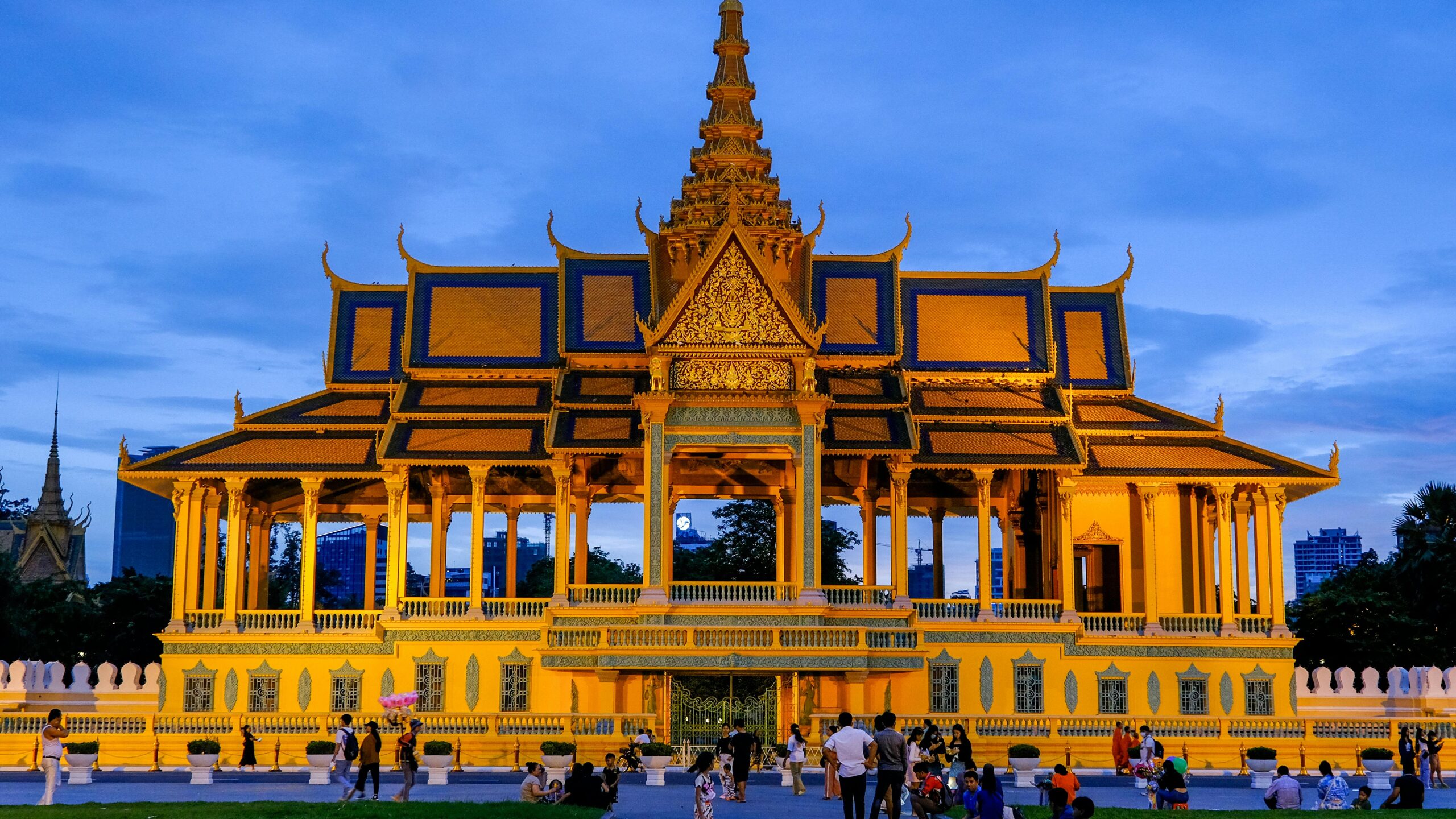Date first published: 05/08/2025
Key sectors: all
Key risks: war on land; political instability; coup d’etat
Risk development
From 24 to 29 July 43 people were killed, 130 were injured and over 250,000 people were evacuated after the Thai and Cambodian militaries engaged in a series of clashes along the border in Surin, Buri Ram, Si Sa Ket and Ubon Ratchathani provinces. Tensions escalated after a Cambodian soldier was killed on 28 May and a series of landmine detonations injured eight Thai soldiers throughout July. On 20 July Bangkok accused Cambodia of laying the landmines, which Phnom Penh dismissed as “remnants of a past conflict”. Shelling of civilian and military positions on both sides broke out on 24 July and continued for five days before Malaysian Prime Minister Anwar Ibrahim brokered a ceasefire between both sides in Kuala Lumpur on 29 July.
Why it matters
The rare instance of inter-state conflict that broke out between Bangkok and Phnom Penh is the first case of outright violence between the two countries since 2011. The mobilisation of Thailand’s military further poses a threat to domestic politics. On 1 July Thai Prime Minister Paetongtarn Shinawatra was suspended after a leaked phone call between her and Cambodian former prime minister Hun Sen revealed that Paetongtarn referred to a Thai general as an “opponent” and to Hun as “uncle”. The latest clashes – coupled with ongoing political instability and a flagging economy – increase the risk of a coup d’état, as the military increasingly perceives democratic governance as ineffective.
Background
The clashes came after months of growing tensions between Thailand’s Shinawatra family and Cambodia’s Hun family. On 3 January Chinese actor Wang Xing was kidnapped by unidentified assailants in Thailand before being taken to Myanmar to work in a scam centre. The case badly damaged Thailand’s image as a tourist destination in China, leading to a slump in tourism revenues throughout the Lunar New Year period in February. Since then, Thailand has cracked down on scam centres fueled by kidnapping networks linked to Cambodian politicians such as Hun Sen, Ly Yong Phat and Kok An. Thailand’s effort aimed to restore its international image and revive the tourism sector, a vital pillar of Bangkok’s economy.
On 13 January Bangkok additionally introduced a bill to legalise casinos and controlled gambling. The bill sparked alarm in Phnom Penh, with Cambodia historically serving as a popular destination for Thai tourists. Despite the bill’s withdrawal on 8 July it remained a quiet source of resentment from Phnom Penh towards Bangkok.
Risk outlook
Tensions are expected to remain high throughout the intermediate term. In addition to the direct costs of conflict, the financial costs signal serious losses for Thailand’s already flagging economy, projected to grow by just 2 per cent in 2025. Thailand’s Deputy Prime Minister and Finance Minister Pichai Chunhavajira stated that while initial estimates cost the country’s economy THB10bln (US$280m) already, prolonged tensions could cost up to THB182bln (US$5.64bln).
Furthermore, the rift between the ruling Hun and Shinawatra families – initially created by the shutdown of lucrative operations illegally financing Cambodian politicians and the introduction of Thailand’s casino bill – is unlikely to be repaired. Moreover, growing domestic crises within Thailand are likely to lead to a potential coup d’état, particularly if hostilities re-ignite and the sluggish economy shows few signs of recovery.

